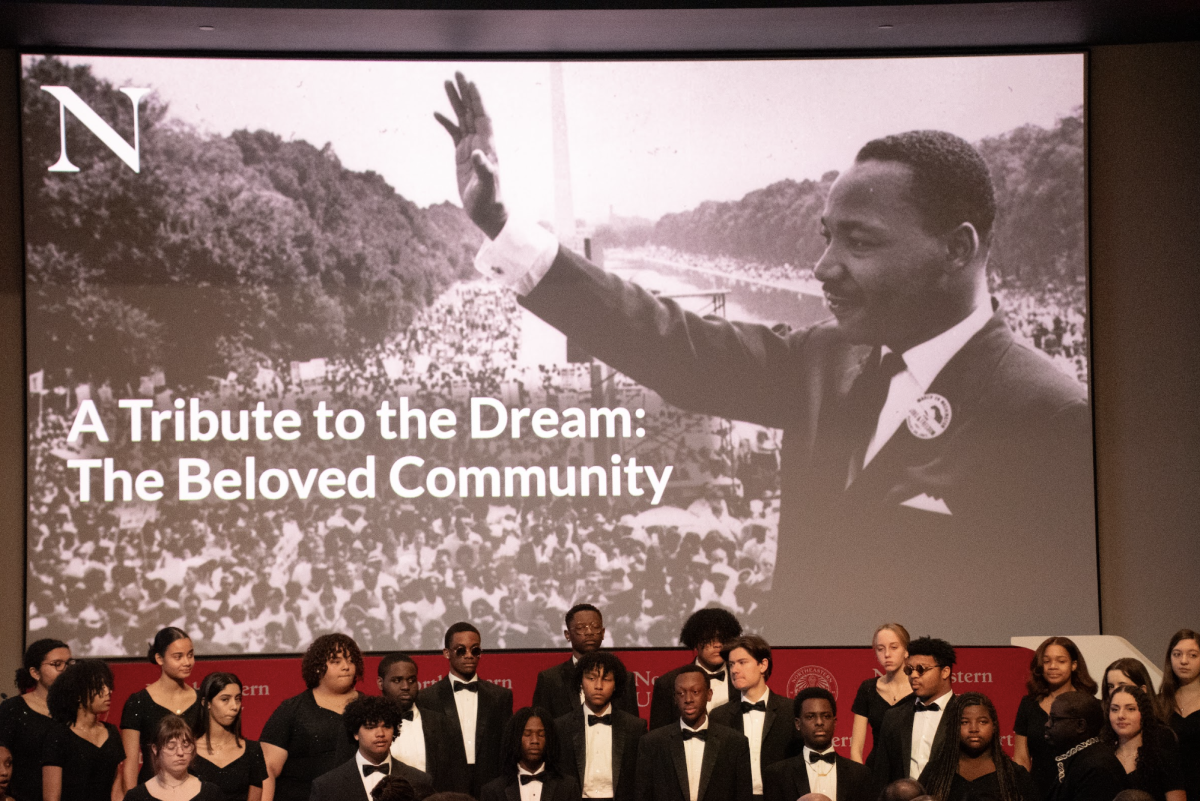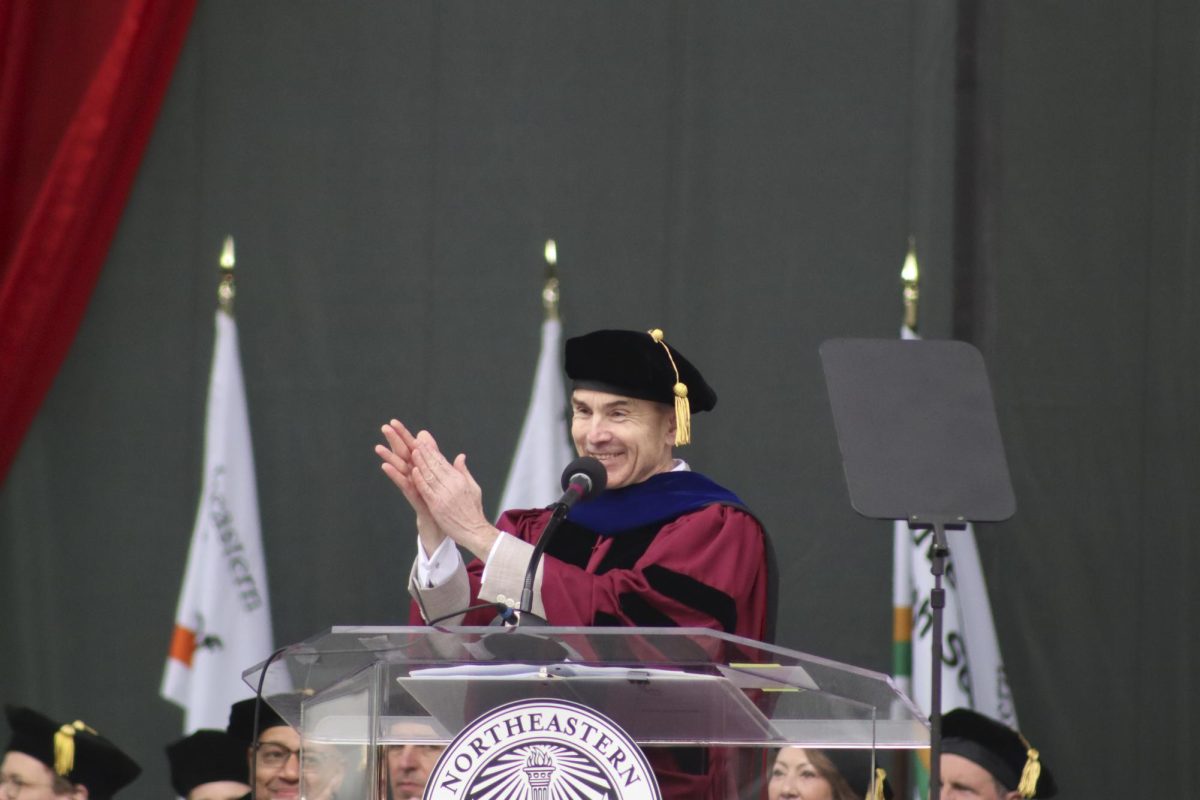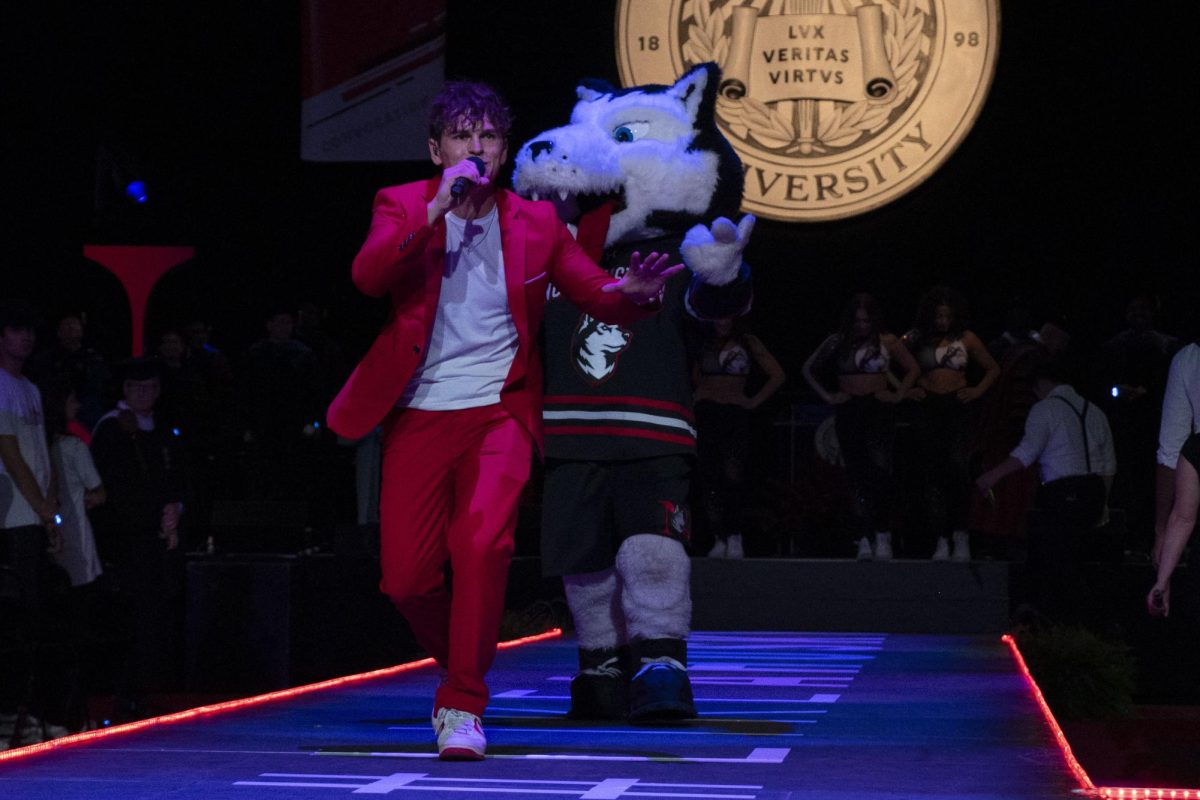By Kate Lieb, News Correspondent
It seems a new technological marvel is being ingrained into our cultural fabric every minute these days. Now there are a wide variety of digital collections, which allow users to possess a massive amount of content on a USB drive. The Beatles have converted their box set onto a USB and National Geographic offers 120 years of content on a 160 GB model.
In addition to USB digital collections, Amazon and Barnes & Noble have released their own electronic books called the Kindle and the Nook, respectively. They allow users to purchase books for their devices at less than traditional book costs.
With any new form of technology comes a steep price, and digital collections are no exception. Though the books available for purchase on the Kindle and the Nook are cheaper, the electronic books themselves cost $260 and $259 respectively. High prices make this type of technology unattainable for the average student. The Beatles USB drive costs around $240 and National Geographic costs around $200.
Casie Wiley, a sophomore music history and analysis major, said she probably wouldn’t invest in a digital collection, in particular for a collection strictly for entertainment value.
‘For entertainment I don’t have that kind of money,’ she said. However, she said she would purchase a digital collection ‘if [she] had to use it for a thesis, business, or school.’
Allie Shoff, an undeclared freshman was similarly a little hesitant about the prices of these collections. However, she said, ‘If it was something I was interested in I’d think about purchasing one. I’d be most interested in buying the Beatles digital collection. I don’t think I would [buy the Kindle], but a lot of people I know would.’
Colin DaPonte, a freshman architecture major, echoed similar sentiments to Wiley and Shoff. Though he said he wouldn’t buy one the collections himself, he said he sees their appeal.
‘I’m sure people who had parents who started their kid’s collections and are free to explore their own collections would be interested in that kind of stuff,’ he said. ‘If people looked at how a digital collection would be cheaper than buying each individual item then I think more people would be interested.’
Price is not much of a burden for Alex Birch, a freshman biochemistry major, who said, ‘I probably would [purchase a digital collection] if it was something that I really needed or if it was something I was really interested in.’
What does the future hold for this type of technology? Freshman computer science major and a Cisco certified network associate Dorian Kersh believes the 3-D trend seen in recent movies will move its way into computer technology and feels that’s where technology’s focus will be.
‘There will always be advancements in bigger hard drives, faster computers, but the display of computers since the beginning of time have always been 2-D,’ he said. ‘Technology is going to enable a virtual world in multiple dimensions.’








